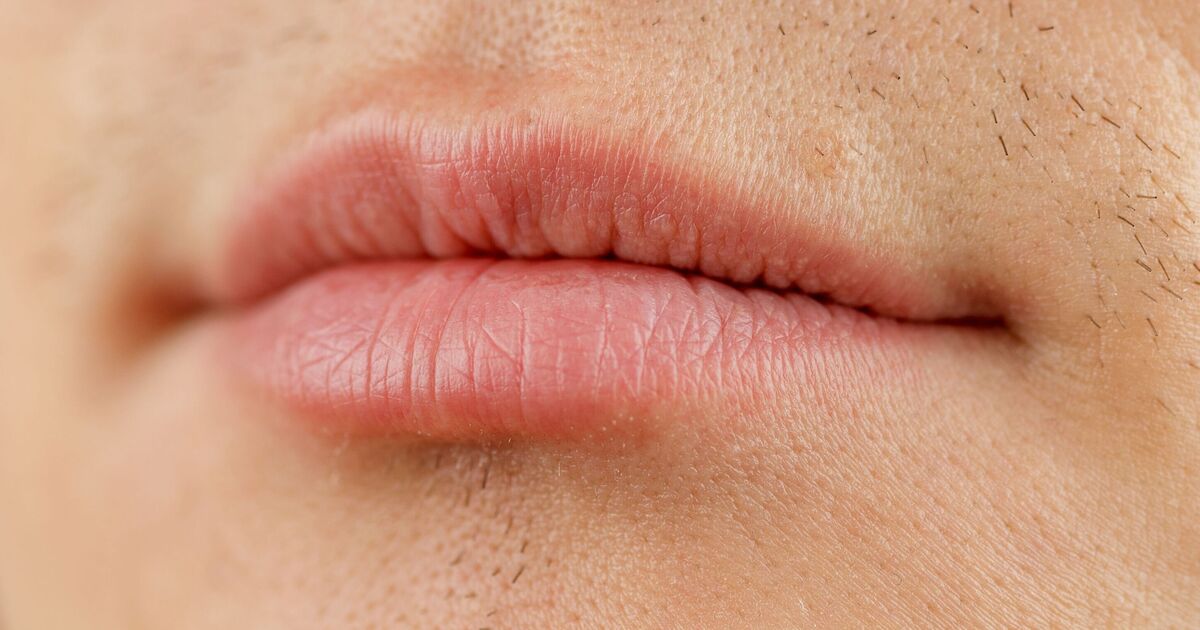Many women experience hair growth on their chin and upper lip, and if it is dark, thick, and coarse, it can be a source of embarrassment, leading many to pluck these hairs frequently and feeling self-concious. But what causes excess facial hair in women?
Excess facial hair in women can have several causes. One of the main reasons is elevated levels of male hormones in the body, according to LloydsPharmacy Online Doctor UK. The NHS identifies this condition as Hirsutism, characterised by the growth of thick, dark hair on the face, neck, chest, abdomen, lower back, buttocks or thighs. The health service urges: “See a GP if it’s a problem for you. It might be caused by a medical condition that can be treated.”
Hormone imbalance
Androgens, like testosterone, are typically recognised as male hormones. Testosterone contributes to the deepening of men’s voices and the production of sperm. Although all women produce some testosterone, elevated levels can intensify sexual drive, interfere with menstrual cycles, and cause an increase in facial and body hair.
PCOS
LloydsPharmacy Online Doctor UK. explain: “One of the main causes of high levels of male sex hormones in premenopausal women is Polycystic Ovary Syndrome (PCOS), a common condition which causes cysts to grow around the edge of the ovaries (the organs which produce eggs and sex hormones). As well as excess hair growth, women with PCOS may put on weight and have irregular periods and acne.”
Instead of higher levels of male sex hormones, some premenopausal women experience increased sensitivity to them, leading to things like more facial hair and on their bodies. Excess hair growth in postmenopausal women is typically due to a hormonal imbalance caused by the menopause. As the body adjusts its hormone levels, there may be an unusually high level of testosterone remaining.
Could there be other causes of excessive facial hair?
In a small number of cases, excess facial hair may be caused by:
- medicines, such as minoxidil which is taken for high blood pressure
- congenital adrenal hyperplasia – a hereditary condition which affects the adrenal glands (which produce sex hormones)
- Cushing’s Syndrome or Acromegaly – rare hormonal disorders
- being overweight or obese
- a tumour affecting your hormone levels
How can I treat my excess facial hair?
There are a number of treatment options available, including:
- shaving – this is quick and easy, but you may have to shave every day, and there may be unpleasant stubble in between shaves
- waxing – this is effective if done regularly, but may be painful and cause redness
- bleaching – this can make dark hair less noticeable in the short term
- hair removal creams – Vaniqa is a cream which reduces hair growth by acting on enzymes in the hair follicle. It can provide a more long-term solution to excess facial hair growth than shaving, waxing or bleaching.
- electrolysis – electricity is used to destroy hair cells and remove hair permanently. This may take many treatments over a long time, and can be painful and change your skin colour.
- laser hair removal – powerful beams of light are used to destroy hair. It can last several months.
- some types of the contraceptive pill
- losing weight if you’re overweight – this can help control hormone levels








